Malcolm Gladwell Book Recommendations
Malcolm Gladwell is a renowned Canadian journalist, author, and public speaker known for his insightful explorations of human behavior and decision-making. Born on September 3, 1963, in England, Gladwell spent his early years in rural Ontario before moving to the United States. He achieved widespread acclaim with best-selling books like 'The Tipping Point,' 'Outliers,' and 'Blink,' which blend research with captivating storytelling. Gladwell's unique ability to distill complex concepts into engaging narratives has made him a popular figure in the world of non-fiction literature. His expertise in analyzing societal trends and psychological phenomena makes his book recommendations highly sought after by those seeking to expand their knowledge and understanding of the world.
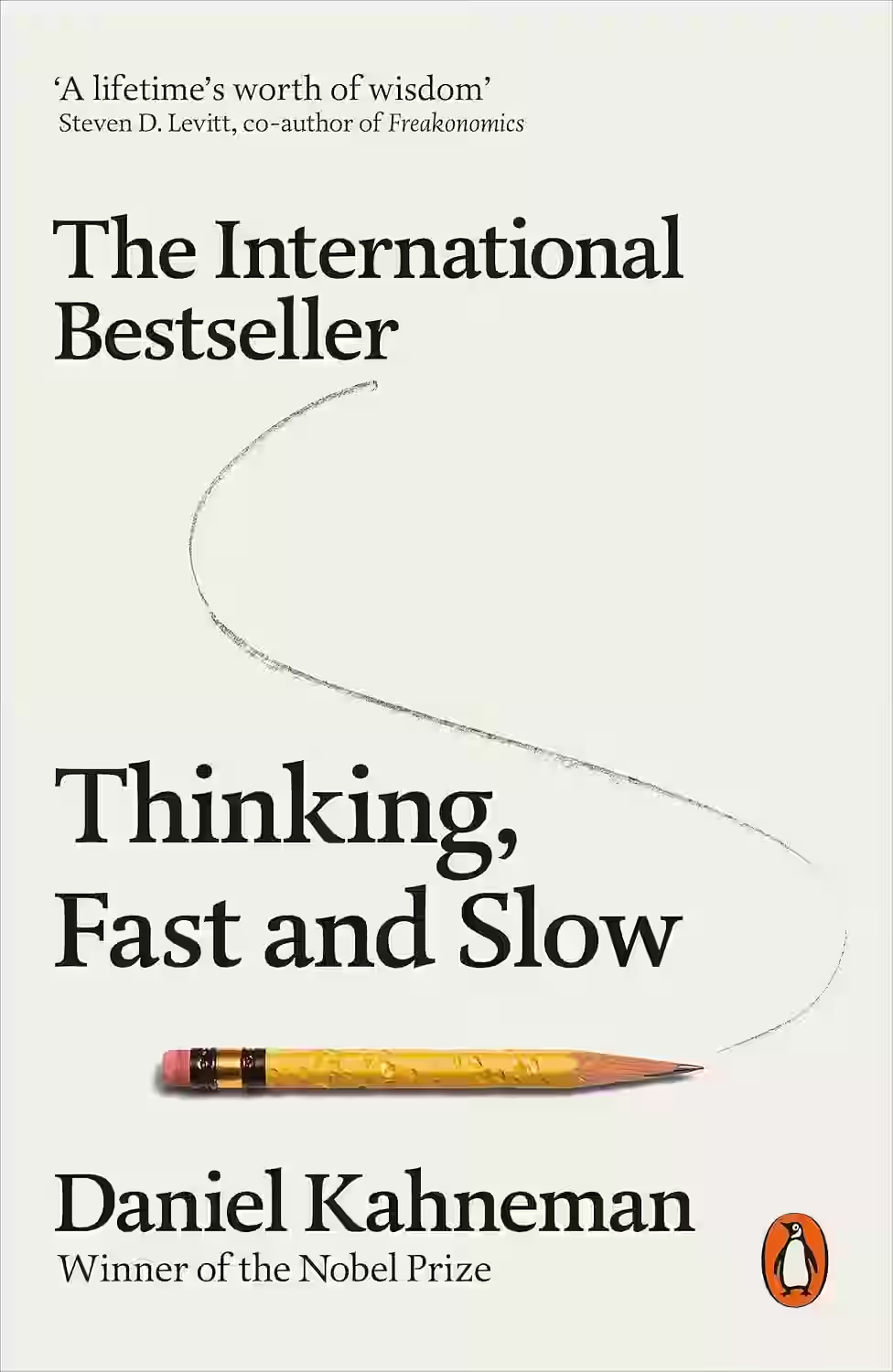
In 'Thinking, Fast and Slow,' Daniel Kahneman, a renowned psychologist and Nobel laureate, delves into the fascinating world of our thought processes. He introduces readers to the two systems that drive the way we think: the fast, instinctive and emotional System 1, and the slow, deliberate and logical System 2. Through engaging anecdotes and thought-provoking experiments, Kahneman explores the biases and heuristics that influence our decisions, leading to both enlightening and unsettling revelations about human cognition. This groundbreaking book not only challenges our understanding of decision-making but also offers valuable insights into how we can navigate the complexities of our minds to make better choices.
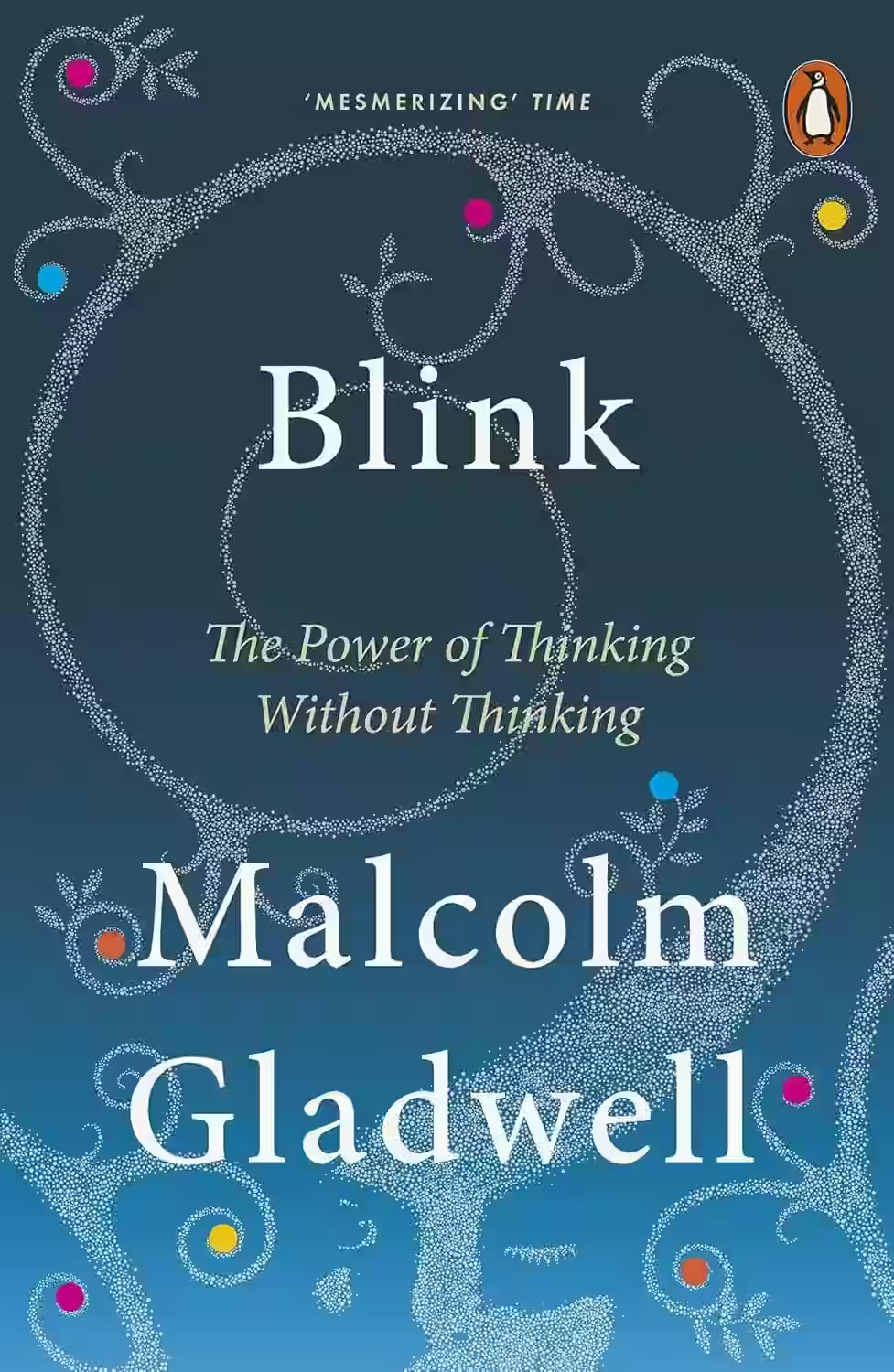
In 'Blink: The Power of Thinking Without Thinking,' Malcolm Gladwell delves into the intriguing concept of rapid cognition and its impact on decision-making. Through captivating anecdotes and thought-provoking research, Gladwell explores how our intuition and subconscious play a significant role in our choices. He discusses the power of thin-slicing, the ability to make quick judgments based on limited information, and raises questions about the reliability of snap judgments. This book challenges conventional wisdom on how we make decisions and offers valuable insights into the hidden forces that shape our choices. 'Blink' is a compelling read that will make you reassess the way you think and decide.
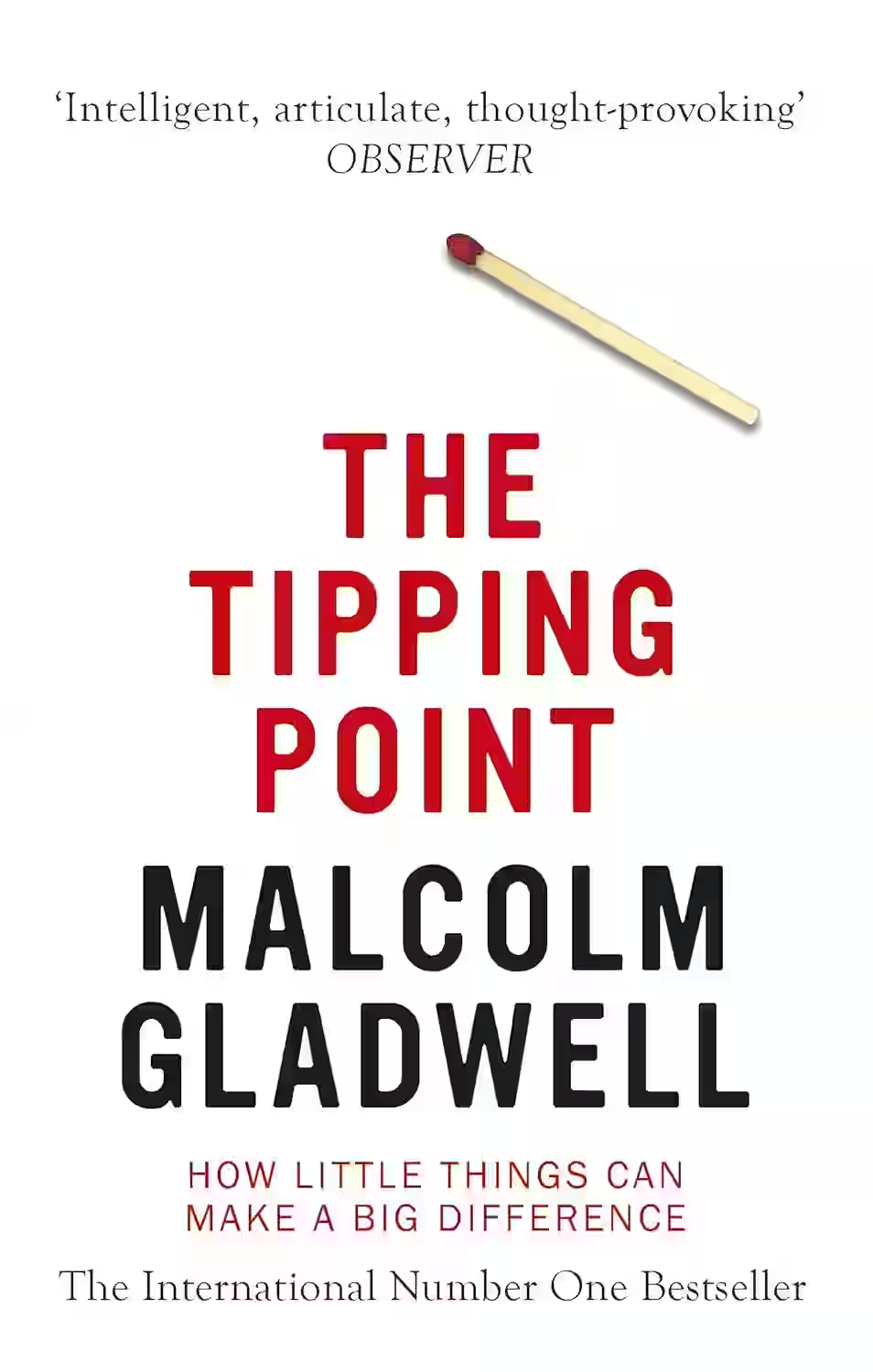
Malcolm Gladwell's 'The Tipping Point' delves into the fascinating concept of how small actions can lead to significant societal changes. Through compelling anecdotes and thorough research, Gladwell explores the tipping point phenomenon, where ideas, trends, and behaviors suddenly reach a critical mass and spread rapidly. He identifies key factors such as the Law of the Few, the Stickiness Factor, and the Power of Context that contribute to these tipping points. By examining real-world examples like the sudden popularity of Hush Puppies shoes, Gladwell offers thought-provoking insights into social epidemics and how individuals can leverage these tipping points for positive change.
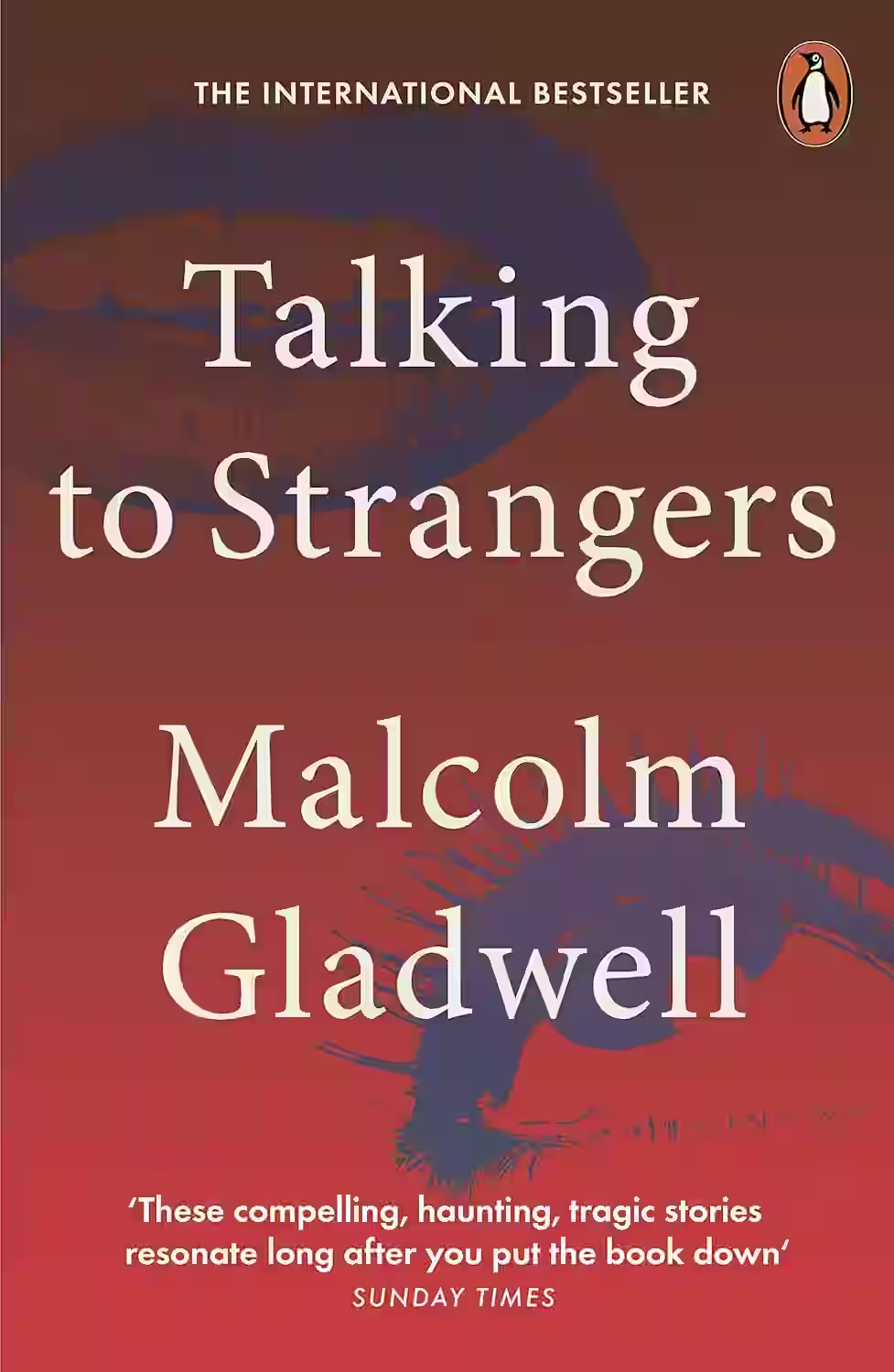
In 'Talking to Strangers: What We Should Know about the People We Don't Know', Malcolm Gladwell delves into the complex dynamics of human interactions with strangers. Through a blend of psychology, sociology, and real-life anecdotes, Gladwell explores how our innate biases and misconceptions shape our understanding of unfamiliar individuals. He investigates infamous cases like the arrest of Sandra Bland and the betrayal of Bernie Madoff to illustrate the challenges of deciphering strangers' true intentions. This thought-provoking book challenges readers to reassess their assumptions and offers valuable insights into communication and trust in a modern society filled with unknown faces.
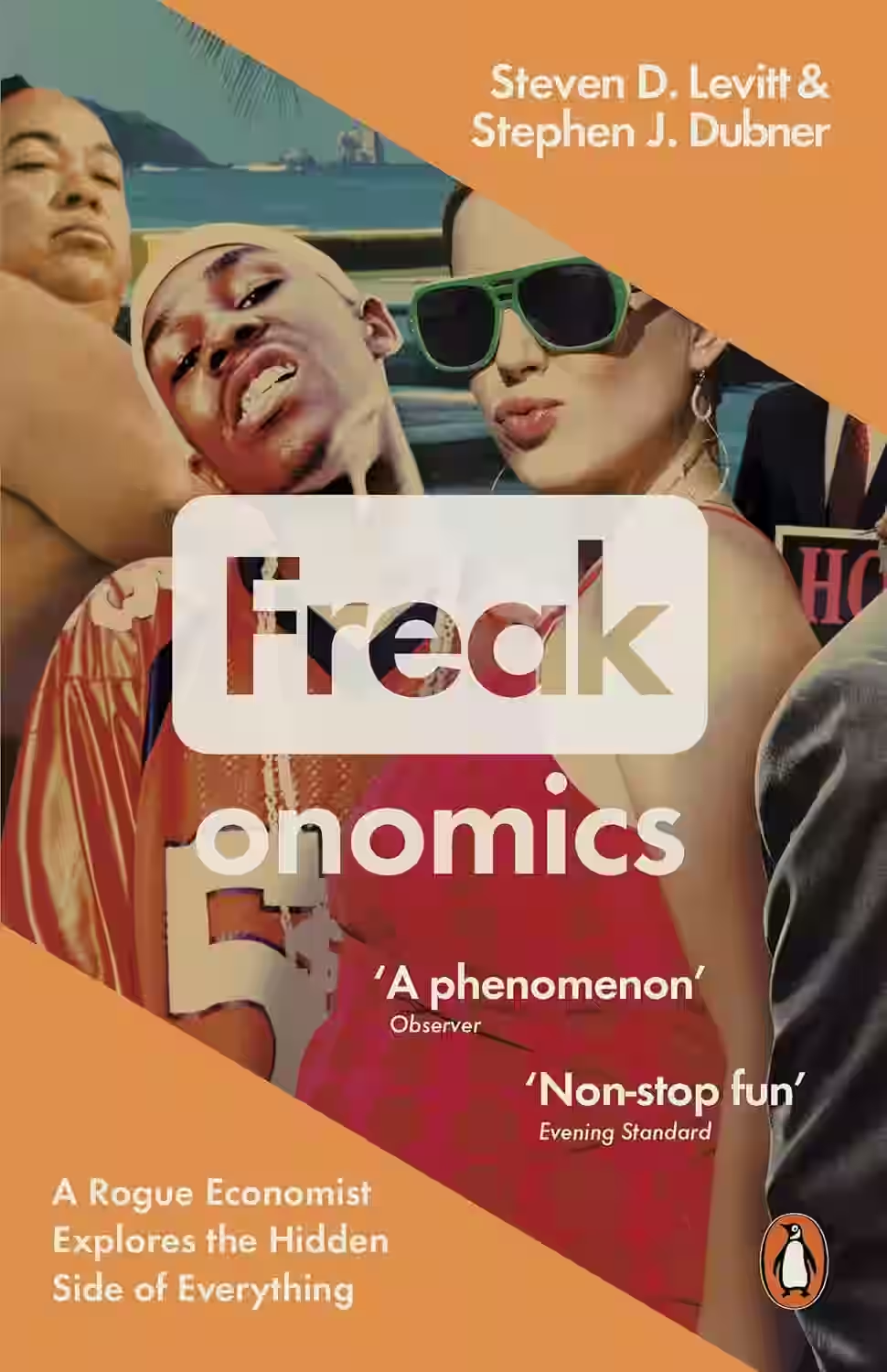
In 'Freakonomics,' Steven D. Levitt, along with journalist Stephen J. Dubner, delves into the intriguing world of economics to uncover unconventional truths behind everyday phenomena. This book challenges traditional thinking by examining how incentives drive human behavior, exploring correlations between seemingly unrelated factors, and revealing the unexpected consequences of various decisions. Levitt's unconventional approach to data analysis and his ability to ask the right questions make 'Freakonomics' a compelling and thought-provoking read that sheds light on the hidden dynamics shaping our world. From exploring cheating in sumo wrestling to the impact of parenting on children, this book offers a fresh perspective on the complexities of life's mysteries.
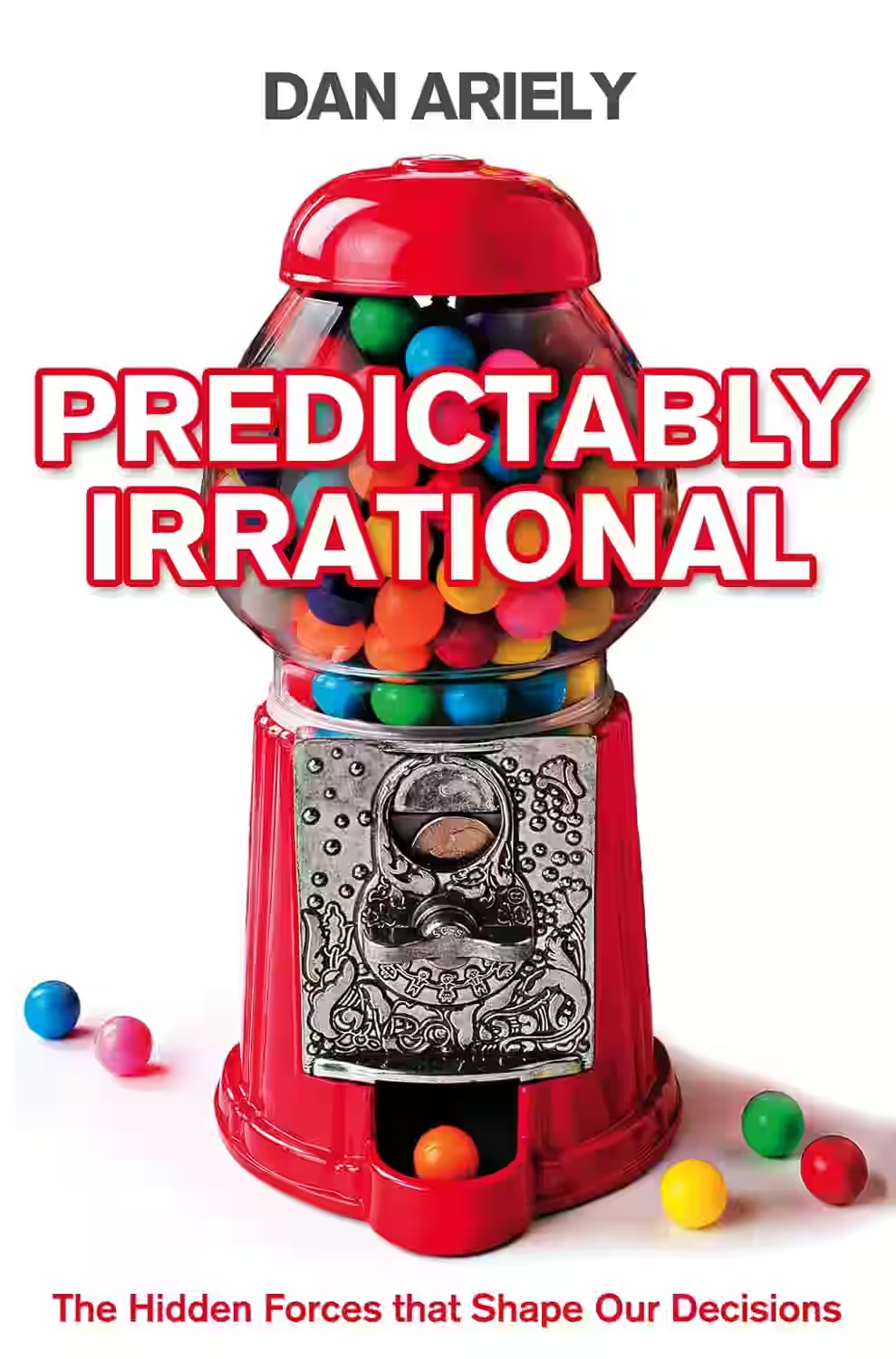
In 'Predictably Irrational', Dan Ariely explores the fascinating world of behavioral economics, shedding light on the irrationality that governs our decision-making processes. Through a series of thought-provoking experiments and real-life examples, Ariely challenges the traditional economic theory that humans always act rationally. He delves into topics like the influence of social norms, the power of free offers, and the impact of emotions on our choices. This book offers readers an eye-opening journey into the hidden forces that shape our decisions, provoking introspection and questioning long-held beliefs about our own rationality.
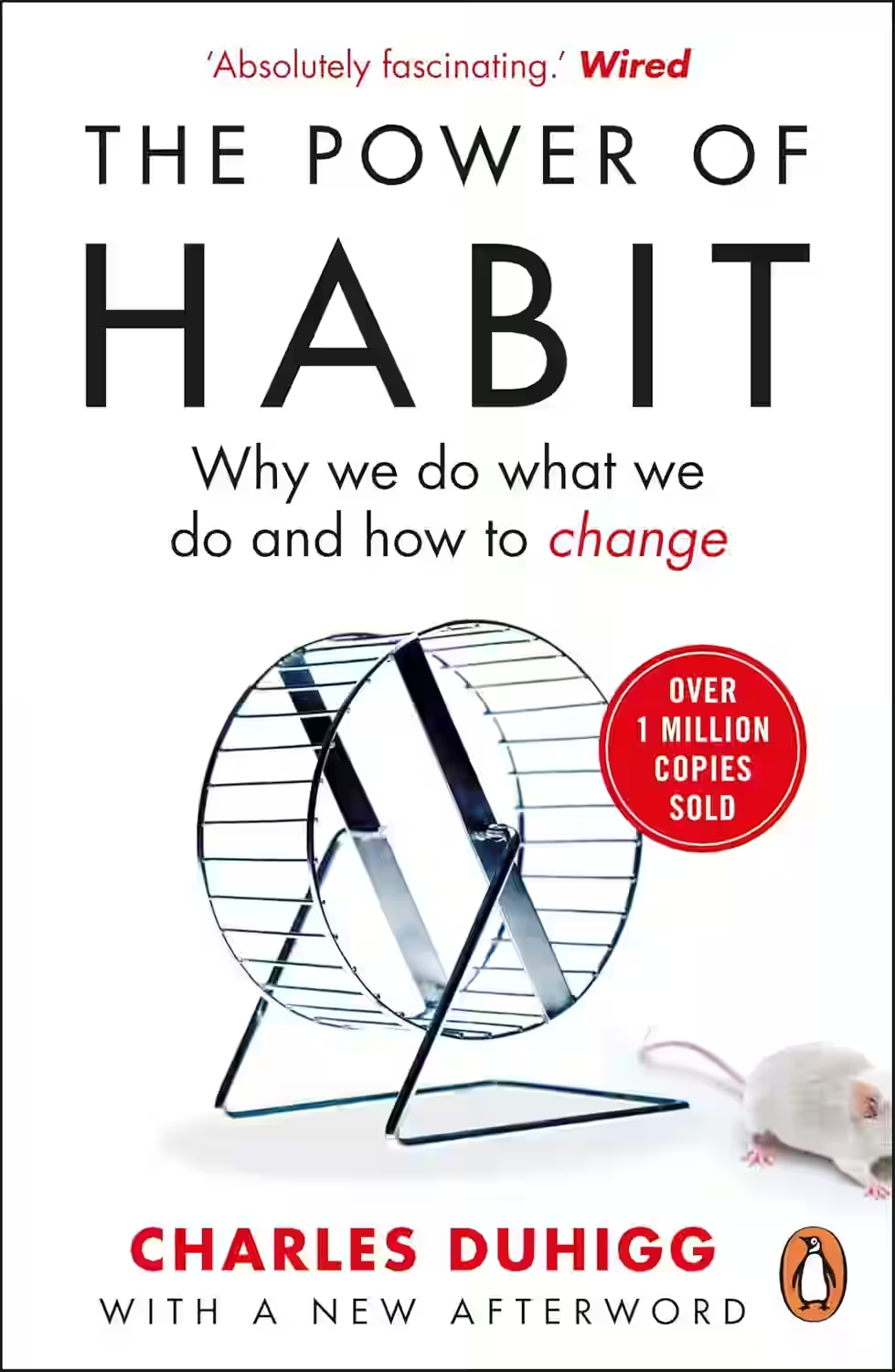
In 'The Power of Habit: Why We Do What We Do in Life and Business,' author Charles Duhigg delves into the science of habit formation and how habits impact nearly every aspect of our lives. Through insightful anecdotes and research, Duhigg explores how habits operate within individuals, organizations, and societies, shedding light on how they can be transformed to achieve personal and professional success. The book offers practical strategies for changing habits, emphasizing the importance of identifying cues, routines, and rewards to bring about lasting behavior change. With its engaging narrative and actionable advice, 'The Power of Habit' is a compelling read for anyone looking to understand the psychology behind their actions.